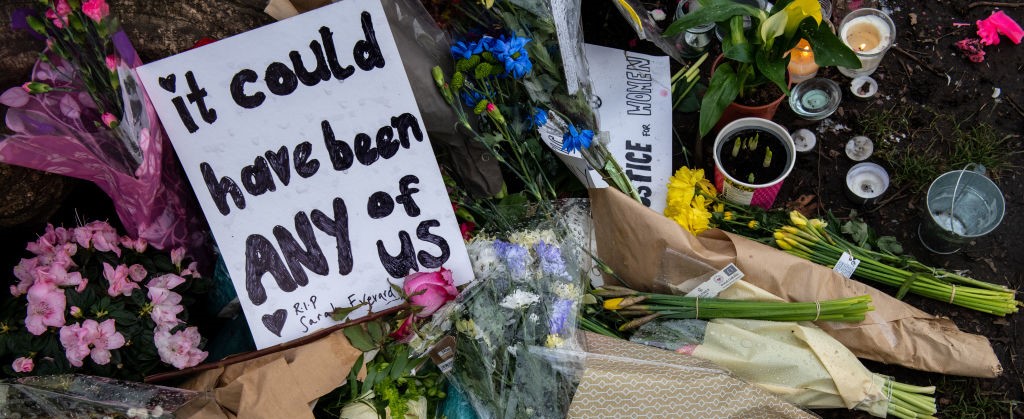Sisters in struggle
The government’s pernicious Trade Union Act, while an attack on all working people, will disproportionately impact on women.
That’s why Congress carried a motion yesterday (September 12) that called on the movement to ensure that women play a central role in trade unions’ fight against the Act.
Unite delegate Ruth Hayes, moving the motion, outlined the specific issues women face.
She noted that the Act will have a particular impact on women in important public services such as education, whose “right to organise and strike is undermined.”
“Attacks on facility time will make it harder for women to play a full role within their union, as many continue to have a double shift of paid work and domestic responsibilities,” Hayes added, highlighting the fact that even the government’s own equality assessment recognises that the Act will particularly impact on women.
“We need to ensure that women are centrally involved in the struggle to overturn [the Act],” she said.
Hayes noted also that the Trade Union Act isn’t the only policy that disproportionately hits women.
Reduction in qualifying periods for workplace rights, introduction of tribunal fees and the cutting of legal aid for employment issues and the nurturing of a growth in insecure work are all among Tory measures that are harming women in particular and are contributing to the shocking rise in maternity discrimination.
Women also face sexual harassment in and out of the workplace and will also face other issues because of their age, disability, ethnicity and faith.
Hayes argued that we can only fight these issues by “collective action as trades unionists”.
“Contrary to the popular stereotype, more than half of union members are women, many of us working in public services and are in low paid and part time work,” she said.
“Unionised workplaces deliver for women – on flexible working, on maternity pay, on dignity at work,” Hayes added. “The ILO and European Commission have found that greater collective bargaining leads to a lower gender pay gap.”
Urging Congress to the support the motion, she noted that women are not the passive recipients of trade unionism.
“We are the activists, the organisers and the leaders of strike action,” she said. “It will take more than a Trade Union Act to break the spirit of our sisters in struggle.”
 Like
Like Follow
Follow

